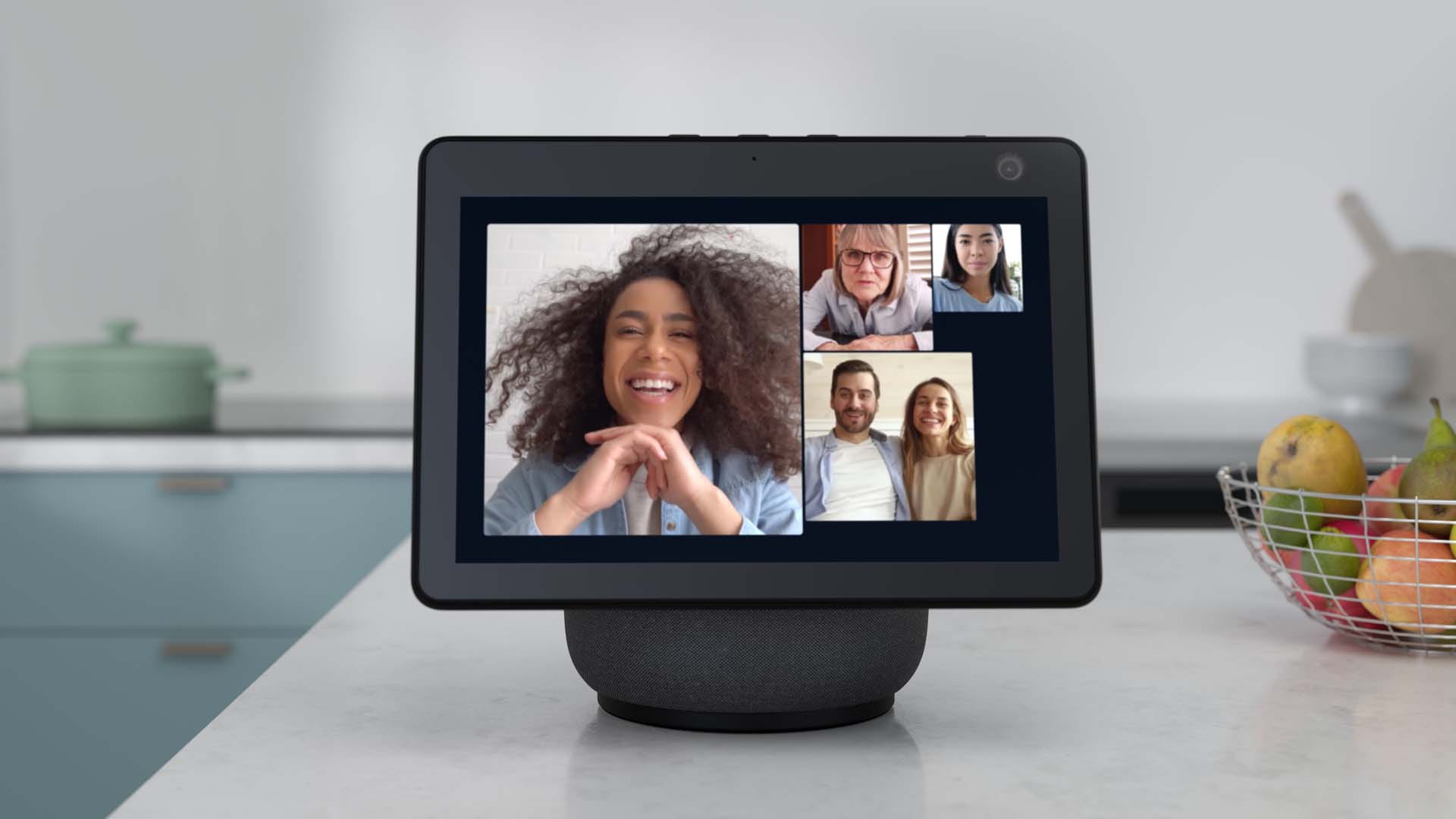Don't get lost in translation: How to speak teen in the digital age
As Netflix drama Adolescence opens up a whole different way of communicating, we provide a survival guide for any adults navigating the complexities of teen text speak.

As Netflix drama Adolescence opens up a whole different way of communicating, we provide a survival guide for any adults navigating the complexities of teen text speak.

Remember those endless summer afternoons, the landline glued to your ear, the sheer joy of face-to-face hangouts? That's not just nostalgia; it's a stark contrast to today's teenage reality. Now, screens dominate, social media dictates and a whole new language, born from thumbs and pixels, has exploded onto the scene.
I know this personally, as a mother who has spent nearly 15 years deciphering my teenage son's communication. Until he was about eight, he spoke standard English. With the rise of video games like Fortnite and Among Us during lockdown, his vocabulary quickly became filled with phrases such as ‘noob’ (a new player), ‘OG’ (short for original), and ‘suss’ – a term used when someone seems suspicious or dishonest.
I’m thankful he was just that bit too old for ‘skibbadi toilet’ and ‘sigma’ (more on that later), but of course he still has his own language with his friends – and that’s perfectly healthy. Slang serves as a tool for teenagers to create a sense of belonging and explore their individuality, contributing to their social and emotional growth.
When I quizzed my son on what that language was, he said it all depends. He himself doesn’t use many emojis – ‘they’re more your style, Mum’ (he’s right). As one of the rare teens who prefers phone calls to text messages, his slang is primarily spoken.
However, the hit show Adolescence has shone a light on the non-verbal side of teen communication. Thanks to the prevalence of mobile phones and messaging apps such as Snapchat and WhatsApp, kids have moved on from acronyms to emojis.
Many experts will tell you to really communicate with teens, you need to talk their language but get it wrong and could really backfire. A lesson Prince William learned firsthand.
When Radio 1 DJs Vick Hope and Jordan North asked about his favourite emoji, he quipped that he'd been warned not to choose an aubergine - it's common use among teens is as a symbol for a penis.

Thankfully, I've avoided such faux pas — my teen would never forgive me — but a friend recently shared a hilarious story about her aunt. She texted my friend the sad news of a mutual acquaintance's death, including funeral details, and ended with 'LOL’.
When my friend asked why, her aunt replied, "I wanted to send you Lots Of Love." Only when my friend explained ‘LOL’ actually meant ‘Laugh Out Loud’ did her mortified aunt vow to abandon abbreviations forever.
So, to avoid texting an aubergine with ‘LOL’ in a condolence message and to decode family WhatsApp chats with ease, here's a guide to essential emojis, slang and abbreviations.

🍆 Aubergine – There’s no getting away from the sexual connotations of this vegetable emoji, so steer clear of it, even if you are telling friends that you’ve made a nice aubergine parmigiana…
🥑 Avocado – What is it with the food-based emjois? Well, this one doesn’t indicate a nice brunch, but instead that something is basic. Not sure what basic is? It general refers to someone who is mainstream, unoriginal or lacking in individuality
🧢 Baseball Cap – This is related to the term ‘capping’, which means lying. If you respond to a message with a single baseball cap emoji, it’s essentially an accusation that the person is lying.
🤡 Clown Face - Indicates someone is being disingenuous or foolish, acting like a ‘clown. Or, as my son demonstrates, it can be used to playfully tease someone with a fear of clowns (like me!)
😭 Loudly Crying Face – Originally intended to depict sadness, this emoji is now often used by younger generations to - ironically - express overwhelmingly positive emotions. For example, when encountering something exceptionally cute or heartwarming, like a dog in costume.
🔥 Fire – While it can mean that someone feels hot in temperature, it can also refer to someone being hot and sexy, so be careful when you use this one!
🐐 Goat – This simply means the Greatest Of All Time, an accolade used to describe someone or something considered the best in their field. As well as using the goat emoji, it can be represented as GOAT on messages.
❤️🧡🩵 Hearts – The spectrum of heart emojis carries diverse meanings. A red heart signifies romantic love, an orange heart denotes warmth and friendship, and a blue heart expresses platonic friendship or admiration for something cute.
🔪 Kitchen Knife – Despite its alarming appearance, the knife emoji often signifies a negative mood or the desire to ‘cut’ ties with someone
💅🏻 Nail Polish – Contrary to its appearance, this emoji has nothing to do with getting your nails done. Instead, it conveys sassiness or nonchalance, often used to punctuate a cheeky remark or dismiss criticism.
🐙 Octopus – While it can be used to describe female genitals, don’t be shocked if your grandchildren put this in a message to you. It’s more often intended as a symbol of a virtual hug or embrace.
🍑 Peach – Yep, another fruit and yep, another one that relates to the anatomy. This time peach refers to a nice bottom.
💀 Skull – These teens like to keep us on our feet. While you might (reasonably) think that the skull represents death or something scary, it’s often used to express extreme laughter, suggesting someone is ‘dying’ from laughter.
🐍 Snake – This is typically used to symbolise that someone is a backstabber or snake.
👍 Thumbs Up – This one’s obvious right? It means good job. Not among teens, where the thumbs up emoji often conveys sarcasm, akin to a ‘yeah, good job, not’ sentiment, typically used after a mistake or indiscretion.
The popularity of acronyms stemmed from early mobile phones' character limitations and cumbersome keypads. While still present, their usage has declined, as modern phones' predictive text facilitates full-word messaging.
AFAIK – As far as I know
CBA – Can't be bothered
DWBH – Don't worry be happy
FWIW – For what it's worth
G2G – Got to go
HAND – Have a nice day
IDC – I don’t care
IMO – In my opinion
IMU – I miss you
JK – Just kidding
KPC – Keeping parents clueless
PAP – Post a picture
LGTM - Looks good to me
NPC – Non-player character. Originally a gaming term, this is now used as an insult to describe someone perceived as lacking independent thought and blindly conforming to group mentality.
RAK – Random act of kindness
SMH – Shaking my head
TBR – To be rude
TNTL – Trying not to laugh
TTYL – Talk to you later
VSF – Very sad face
WTPA – Where's the party at?
Remember, teen trends in language shift as rapidly as their fashion. What's 'cool' today is 'cringe' tomorrow.
Let them have their emojis and abbreviations, and you stick to what you know. You'll avoid the dreaded 'cringe' and maybe even get a genuine 'LOL' out of them.
Jayne cut her online journalism teeth 24 years ago in an era when a dialling tone and slow page load were standard. During this time, she’s written about a variety of subjects and is just at home road-testing TVs as she is interviewing TV stars.
A diverse career has seen Jayne launch websites for popular magazines, collaborate with top brands, write regularly for major publications including Woman&Home, Yahoo! and The Daily Telegraph, create a podcast, and also write a tech column for Women’s Own.

Ingenious speakers, brilliant earbuds, nifty note takers - our expert picks his top tech gifts.

Electric models are set to dominate the market next year, including a flood of budget Chinese brands.

How breaking my phone ruined one of the best nights of my life - and the expert lessons that will help you avoid my mistakes

New to podcasts? Here’s our straightforward guide to finding them, playing them and enjoying them.

The EVs you should consider before the new electric vehicle road tax comes into force.

As the use of contactless soars, our columnist asks what can be done to prevent discrimination against those still wanting to use cash.
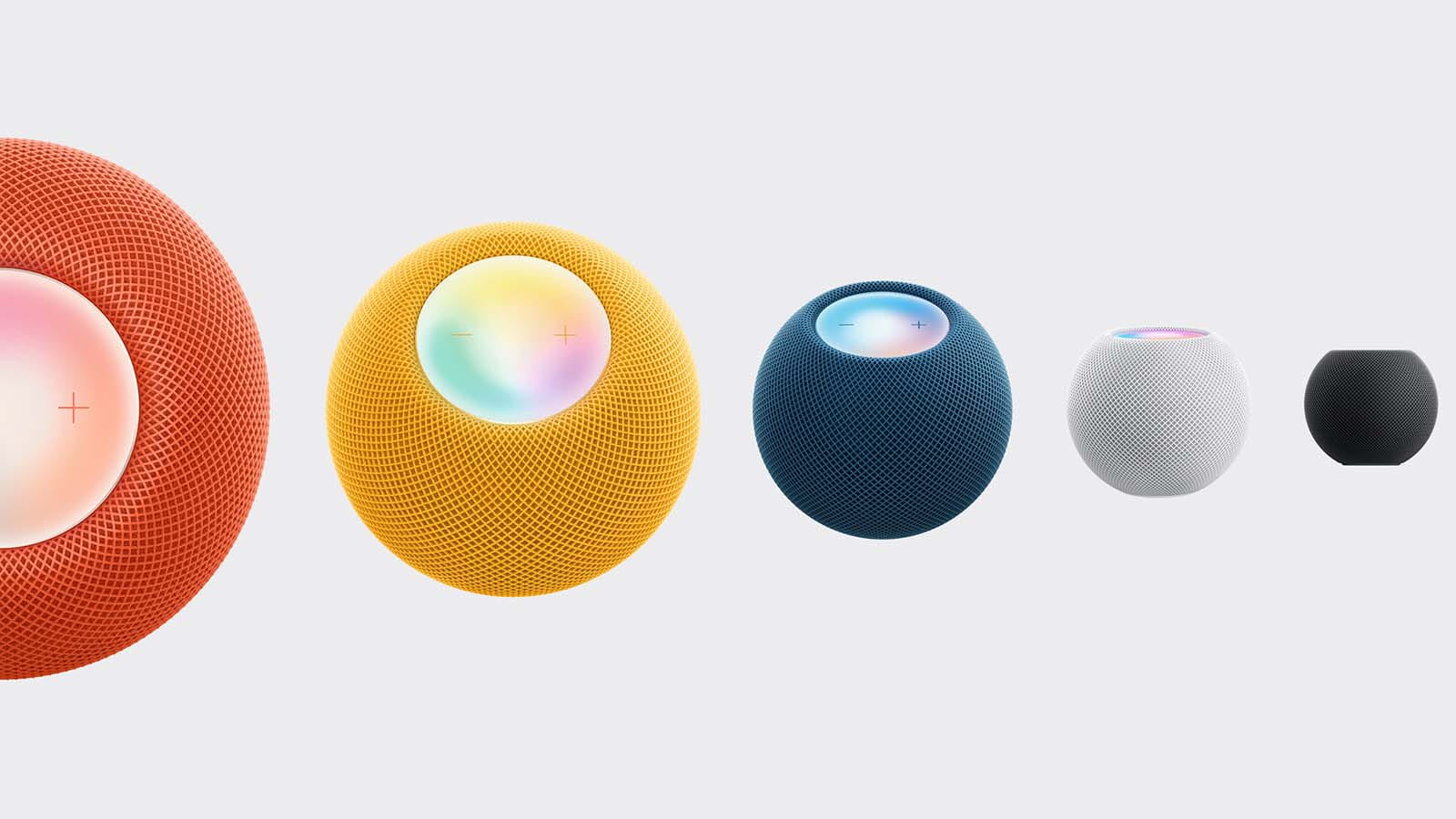
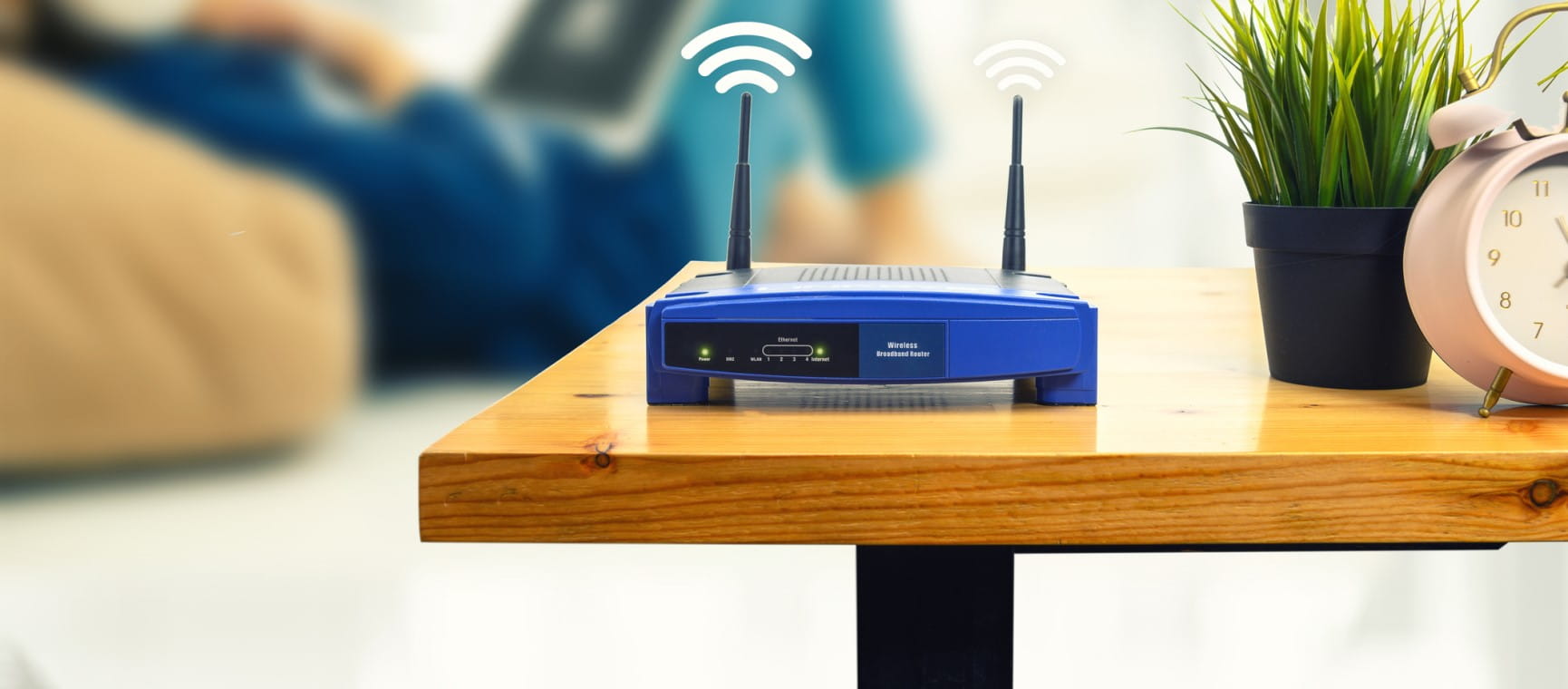
Follow our step-by-step guide to find out your internet speed - and whether it’s your device or broadband that’s slowing you down.
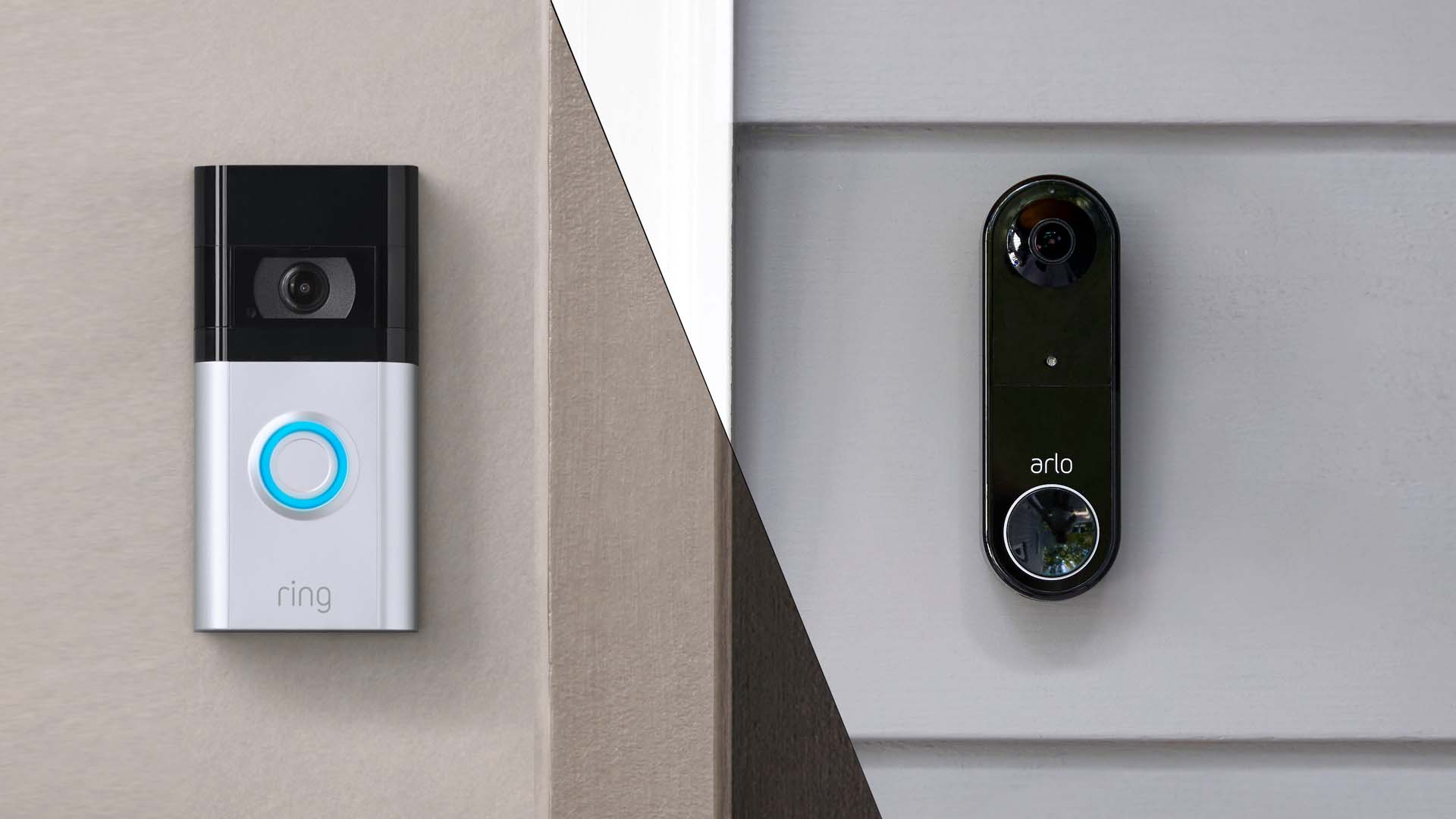
These video doorbells show you who's at your door, even when you aren't home.
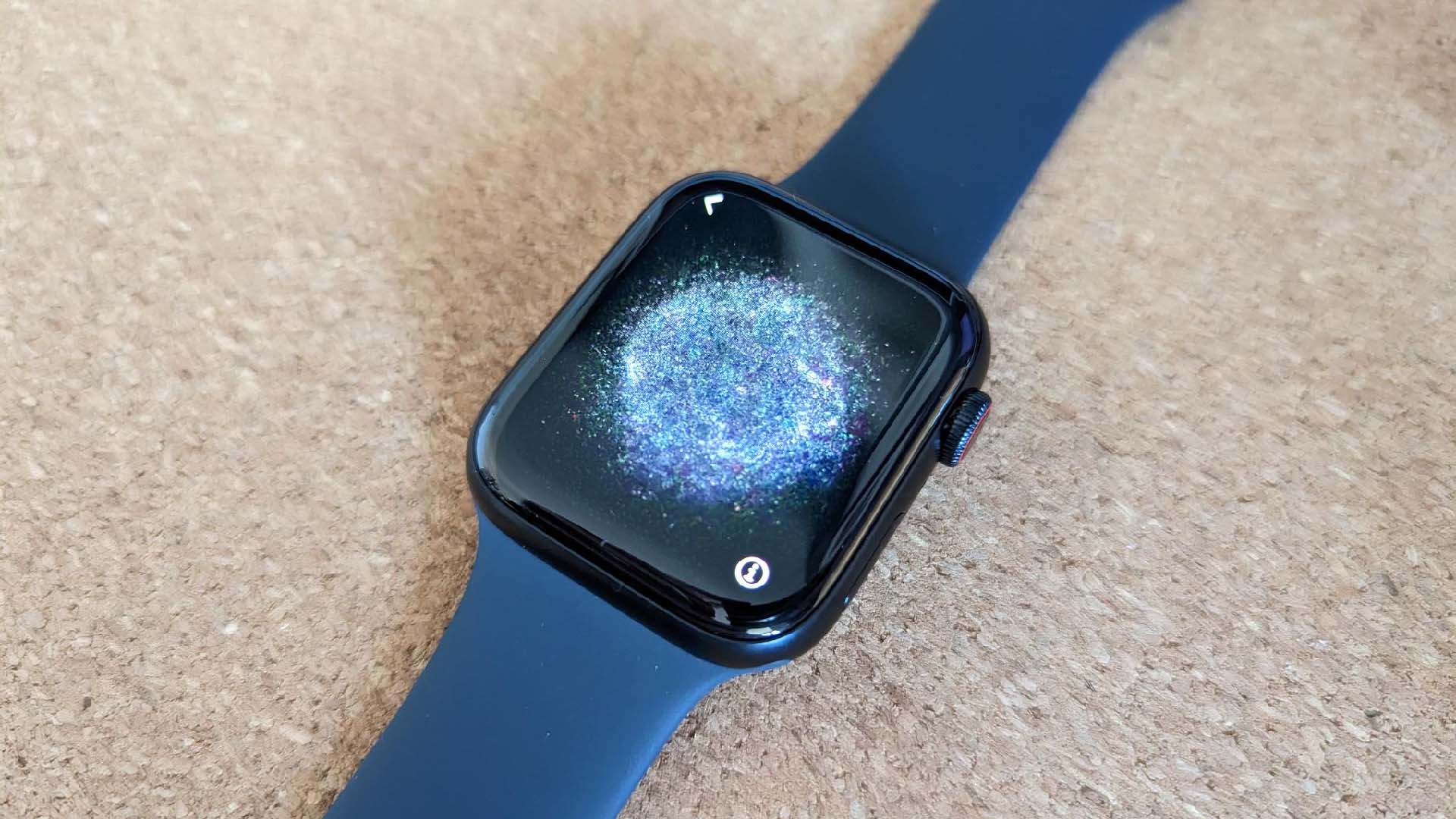
We explain everything you need to know to connect an iPhone to an Apple Watch.
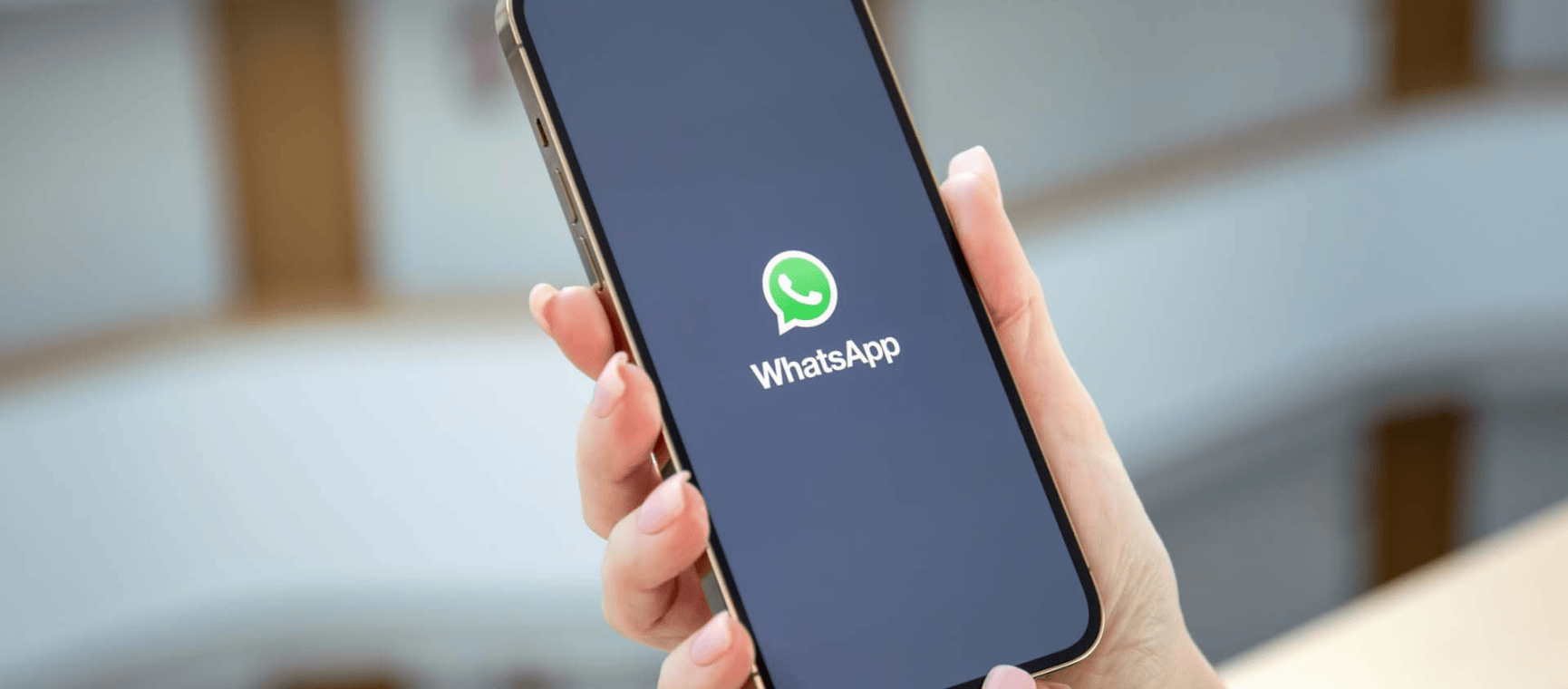
Think you know how to use WhatsApp? We've got some handy tips to help you get the most out of the messaging app.
